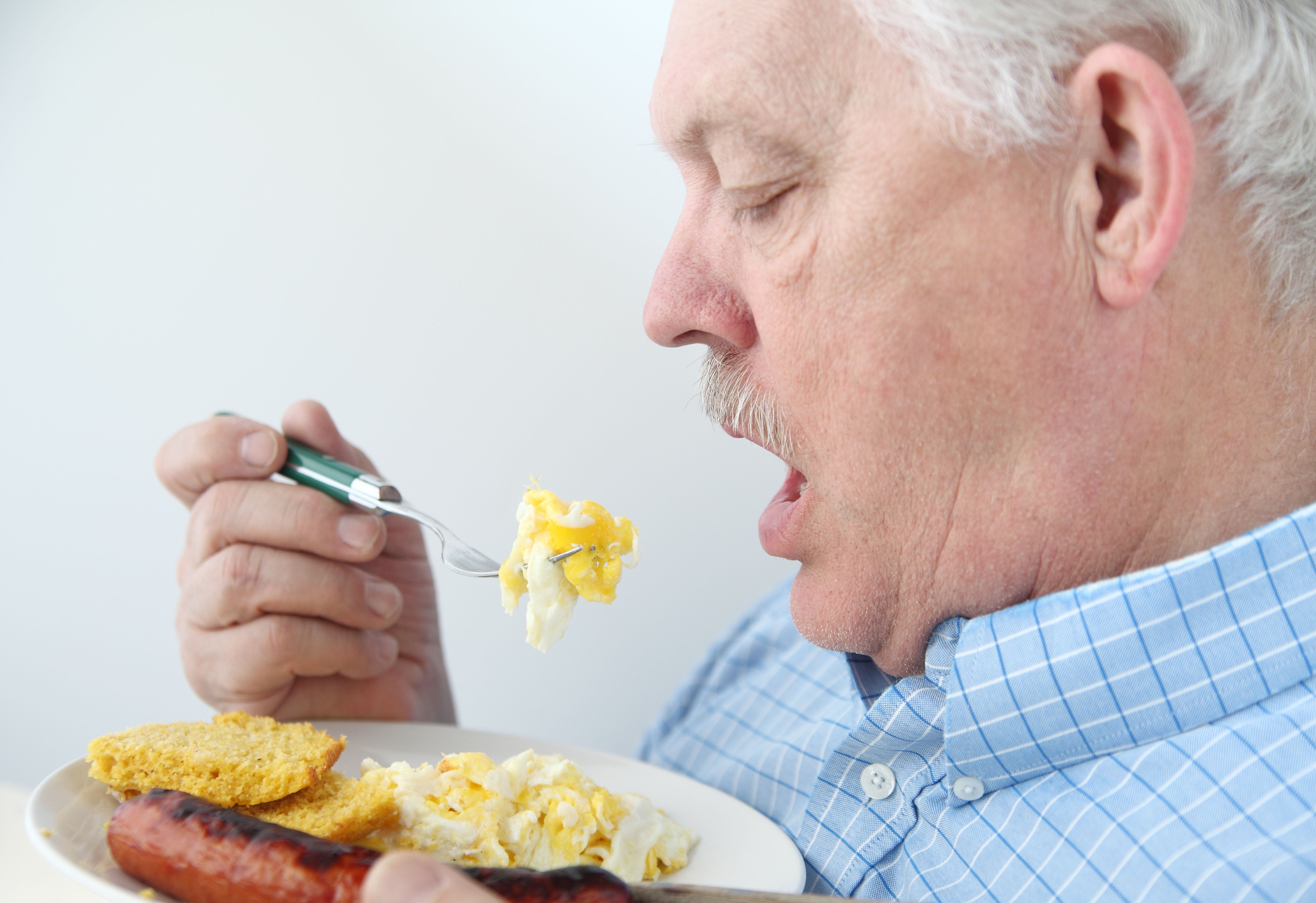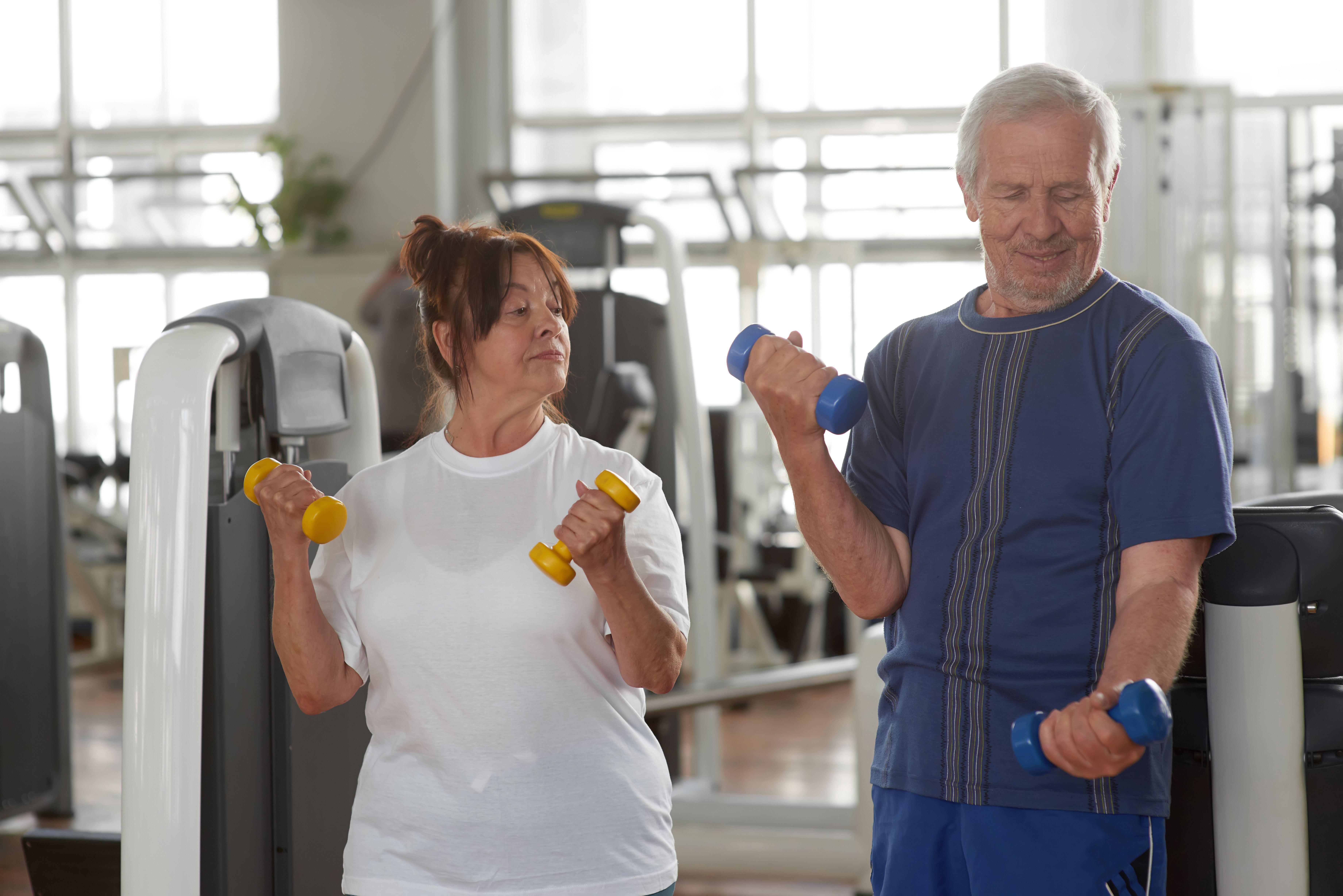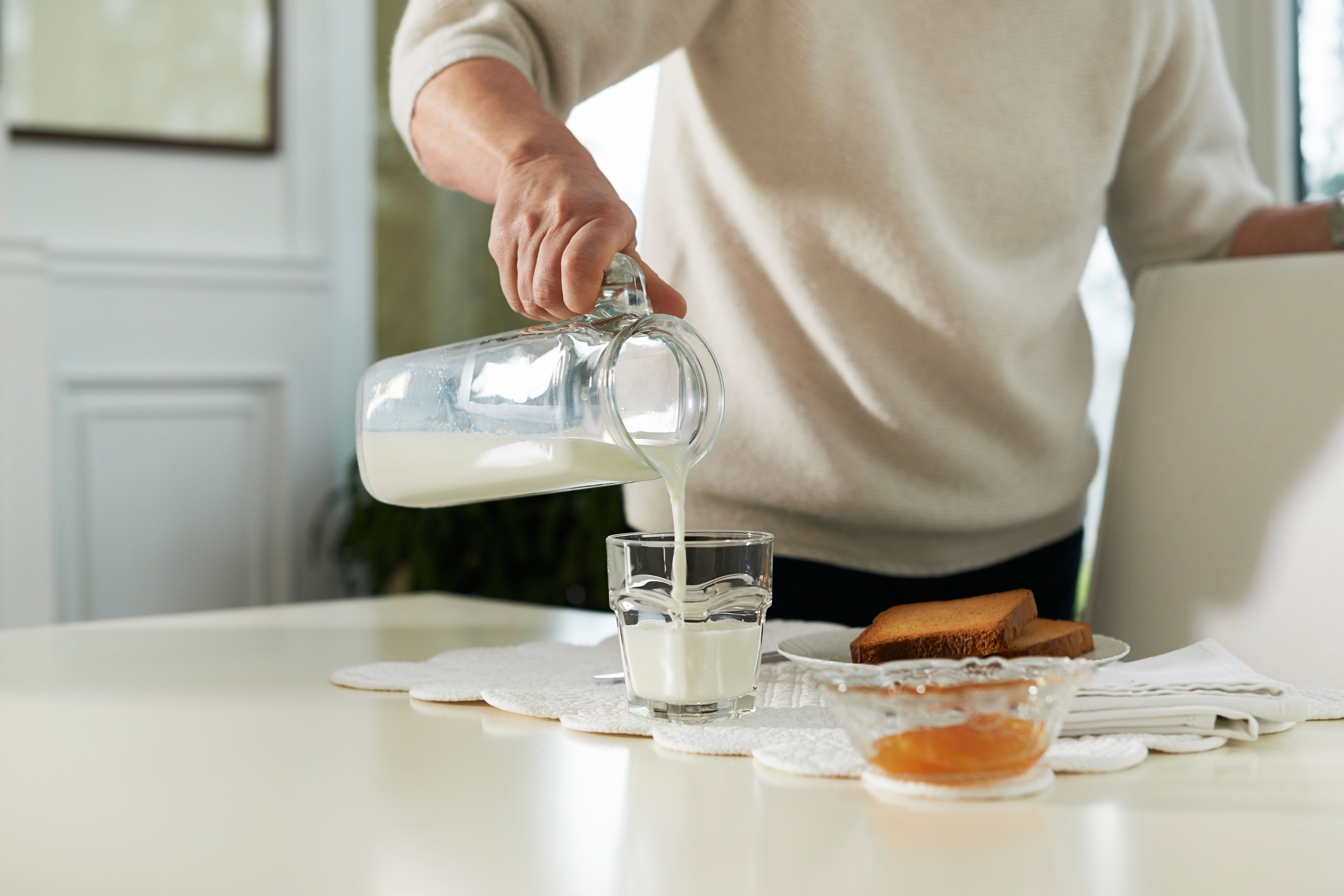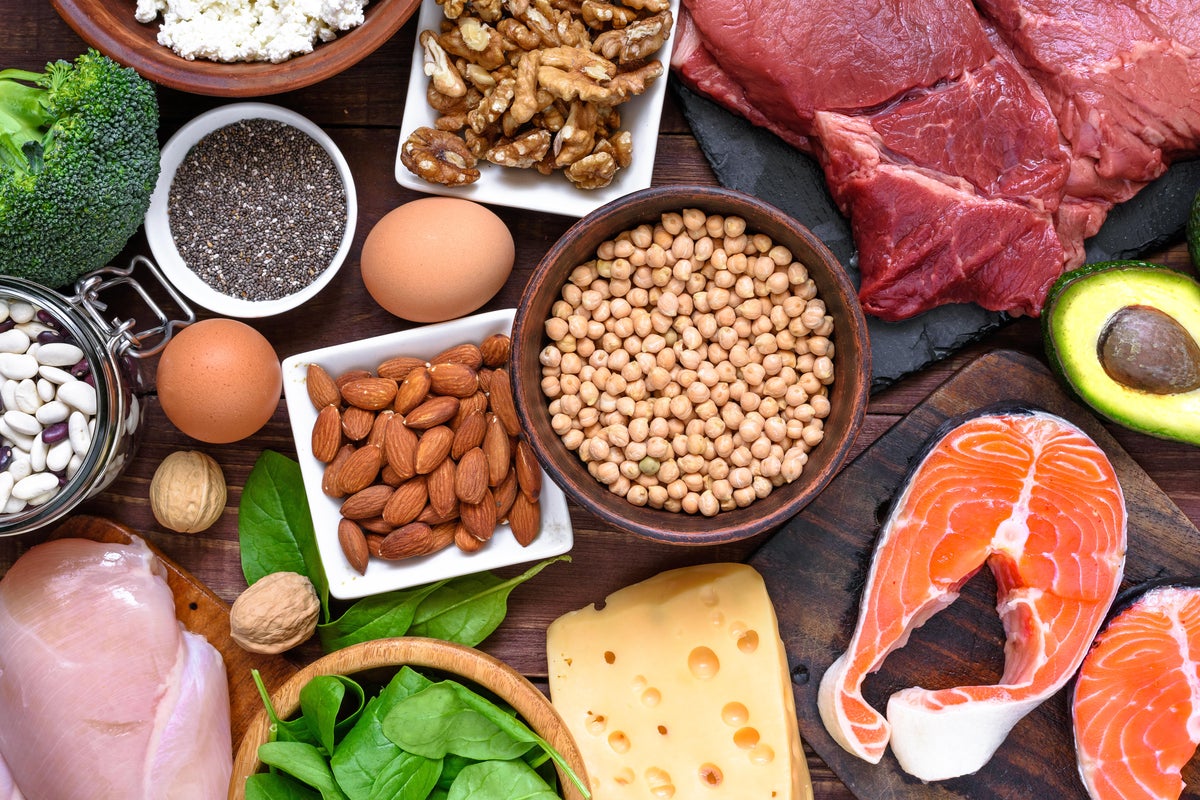Your support helps us to tell the story
From reproductive rights to climate change to Big Tech, The Independent is on the ground when the story is developing. Whether it’s investigating the financials of Elon Musk’s pro-Trump PAC or producing our latest documentary, ‘The A Word’, which shines a light on the American women fighting for reproductive rights, we know how important it is to parse out the facts from the messaging.
At such a critical moment in US history, we need reporters on the ground. Your donation allows us to keep sending journalists to speak to both sides of the story.
The Independent is trusted by Americans across the entire political spectrum. And unlike many other quality news outlets, we choose not to lock Americans out of our reporting and analysis with paywalls. We believe quality journalism should be available to everyone, paid for by those who can afford it.
Your support makes all the difference.Read more
Despite this, many older adults often don’t meet their daily protein requirements. The good news is that rectifying this doesn’t demand a complete dietary overhaul; simple habits and smart food choices can make it surprisingly easy to stay on track.
To help navigate this essential aspect of nutrition, The Independent consulted Dr Sammie Gill, a specialist gastroenterology dietitian at Symprove UK.
Dr Gill has explained the key health benefits of protein and outlined how much individuals should aim for each day. Crucially, she has also shared five straightforward and effective methods to ensure you’re consistently getting the protein your body needs daily.
What are the health benefits of protein, especially for older adults?

open image in gallery
Protein is crucial for maintaining muscle mass (PA)
For older adults, protein is crucial for maintaining muscle mass, strength and overall functional ability.
“Protein is essential for growth, repair and maintenance [within the body], and has several important functions,” explains Gill. “For example, it plays a key role in the structure and support of body tissues and organs. Protein also forms the basis of hormones, enzymes and antibodies of the immune system.
“In addition, higher protein intakes have been linked with higher bone mineral density and a slower rate of bone loss, muscle mass, and strength in older adults.”
Good sources of protein include lean meats like beef, chicken and turkey, as well as fish, eggs, dairy products and plant-based options like beans, lentils, tofu, and nuts and seeds.
What is the recommend daily intake of protein for adults?

open image in gallery
A high protein diet can help you build muscle and get fitter at any time of life (PA)
“In the UK, adults require 0.75g of protein per kg of body weight daily [according to Reference Nutrient Intake (RNI)],” says Gill. “You can meet protein requirements with animal proteins and plant-based proteins, or plant-based proteins alone.”
For example, a 70kg person would need approximately 52.5g of protein daily, but this recommendation can vary based on factors like age, activity level and overall health.
“Protein becomes more important as you get older with age-related changes in protein digestion, protein absorption, and protein metabolism,” says Gill. “Research suggests that older people (65+) should consume 1-1.2g of protein per kg of body weight daily to support muscle mass and function.”
The dietitian also highlights that it is also important to incorporate exercise, particularly resistance/strength-based exercises, alongside adequate protein intake.
“Protein and exercise work synergistically – their combined effect is greater than the sum of their individual effects,” says Gill.
Why do many older adults not consume enough protein?
Older adults may not consume enough protein due to a combination of factors, including a decreased appetite.
“Decreases in appetite, alongside changes in taste and smell, can result in an overall lower food intake, including protein,” says Gill. “It’s thought around 15-30 per cent of older people lose their appetite. Older people are also at a higher risk of chronic illnesses which often require higher amounts of protein.”
If you are keen to reap the benefits of a higher protein diet, we are here to help.
How to incorporate more protein into your diet

open image in gallery
Drinking protein is a good way to boost your consumption (PA)
1. Spread your protein throughout the day
“For example, think Greek yogurt for breakfast, eggs at lunch and beans at dinner,” says Gill.
2. Include protein-containing snacks during the day between meals
“For example, a handful of almonds, wholegrain crackers with peanut butter, or a slice of cheese with some grapes,” suggests Gill.
3. Consume more high-protein drinks
“Consider higher protein drinks such as cow’s milk, unsweetened soya milk, or kefir,” recommends Gill.
4. Include items that don’t require much prep time
“For example, cans of legumes (such as chickpeas or lentils) and tinned or frozen fish can be great options,” suggests Gill.
5. Focus on whole foods rather than protein bars
Although protein bars are popular, there are more healthier alternatives.
“I wouldn’t recommend protein bars,” says Gill. “They often contain a long list of unnecessary ingredients including sugars, sweeteners, emulsifiers, thickeners, sodium and other additives. Focus on whole foods instead.”

